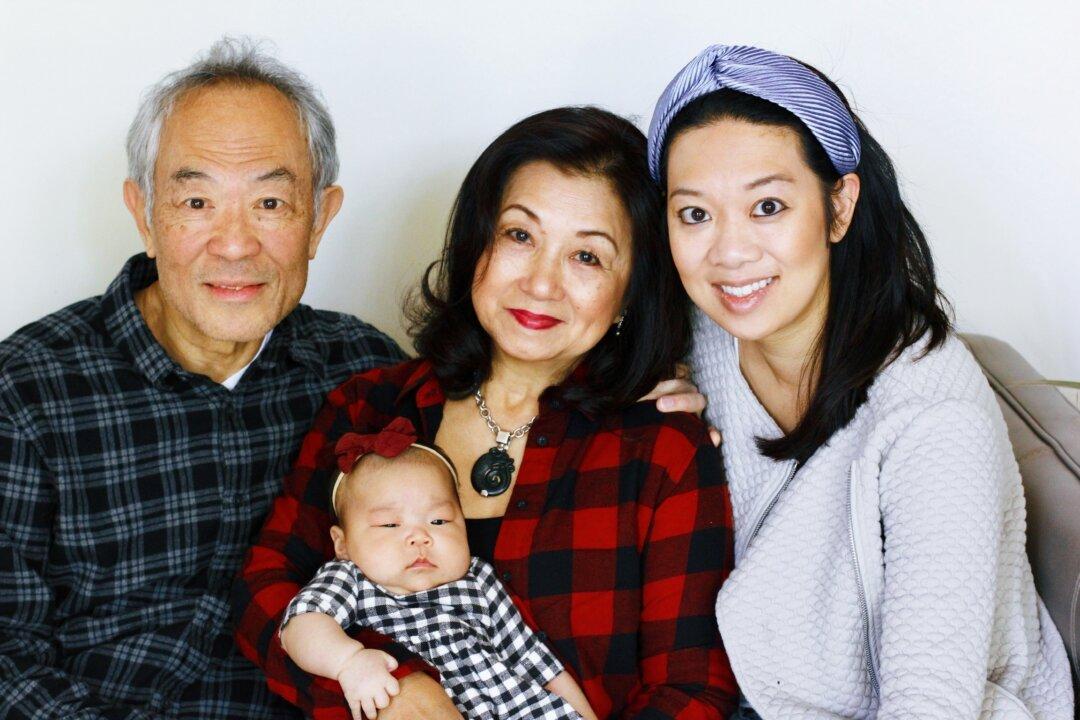Family members say Annie Kong wanted nothing more than to gather with all her extended family under one roof at her West Vancouver home for Christmas 2022.
“She was talking about that all year,” said Nigel Kong, Annie’s son from Denmark, adding his sister, Joanna Moy, was also planning to bring her family from Chicago for the celebration.





